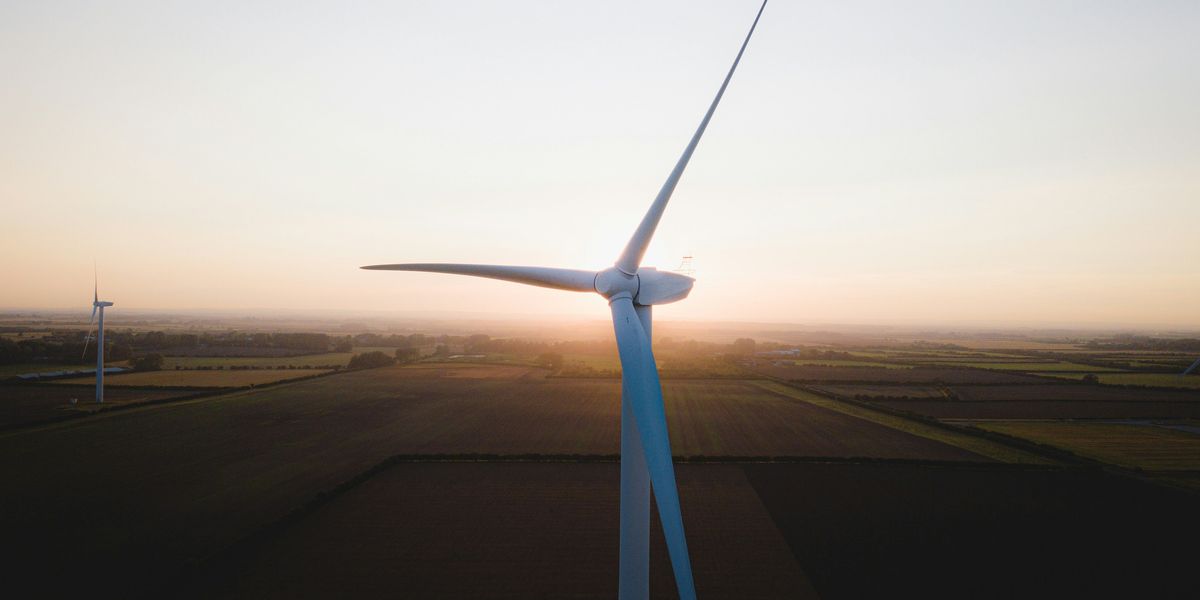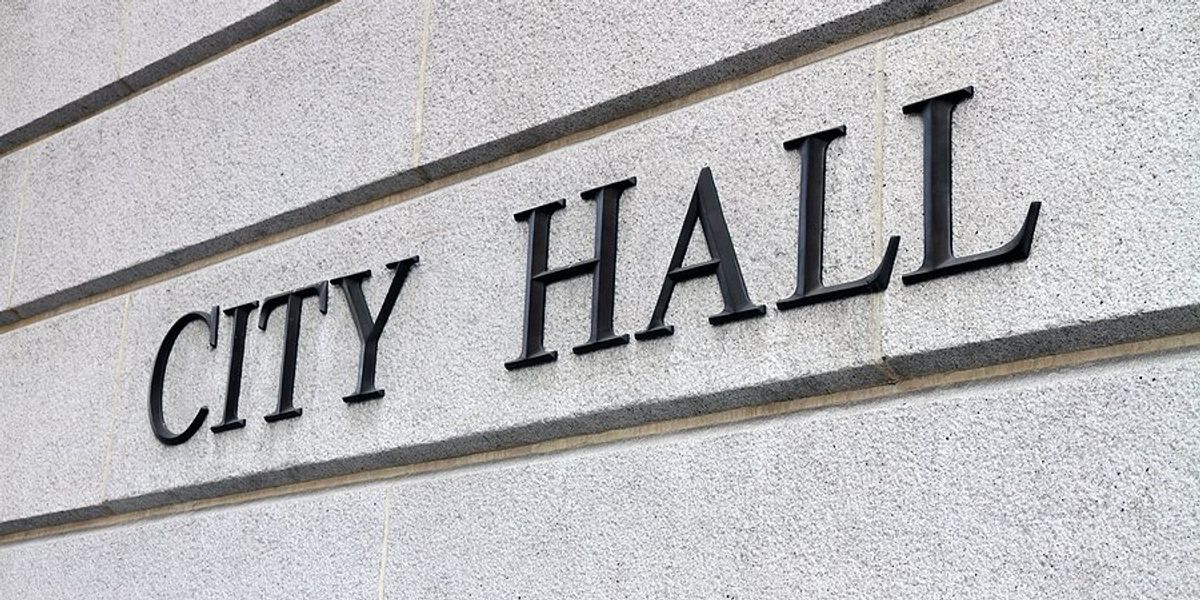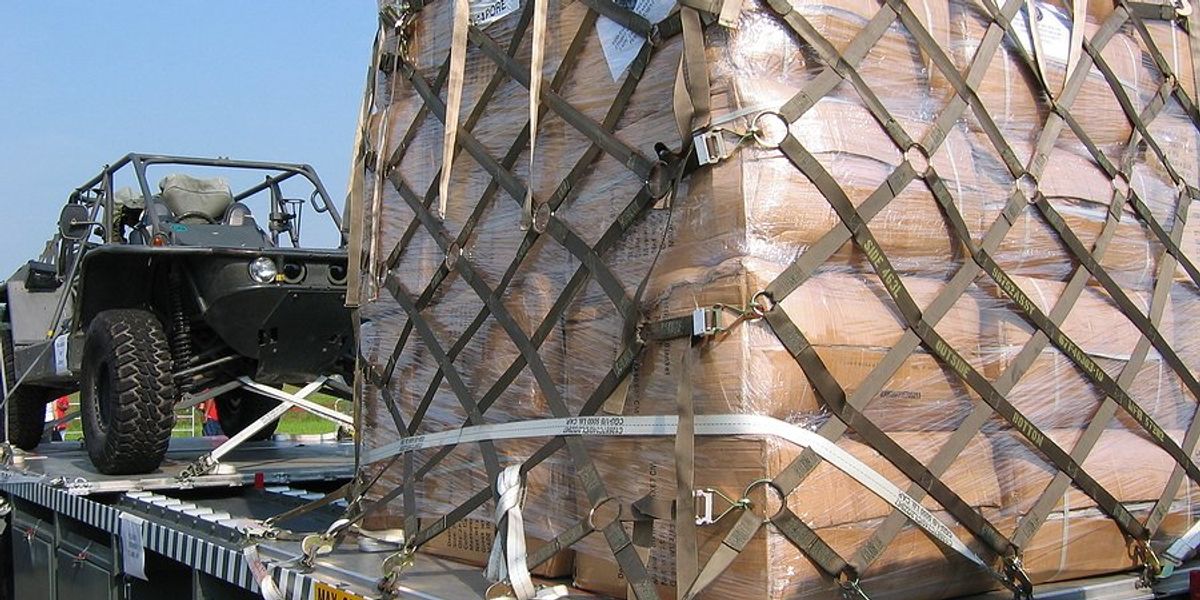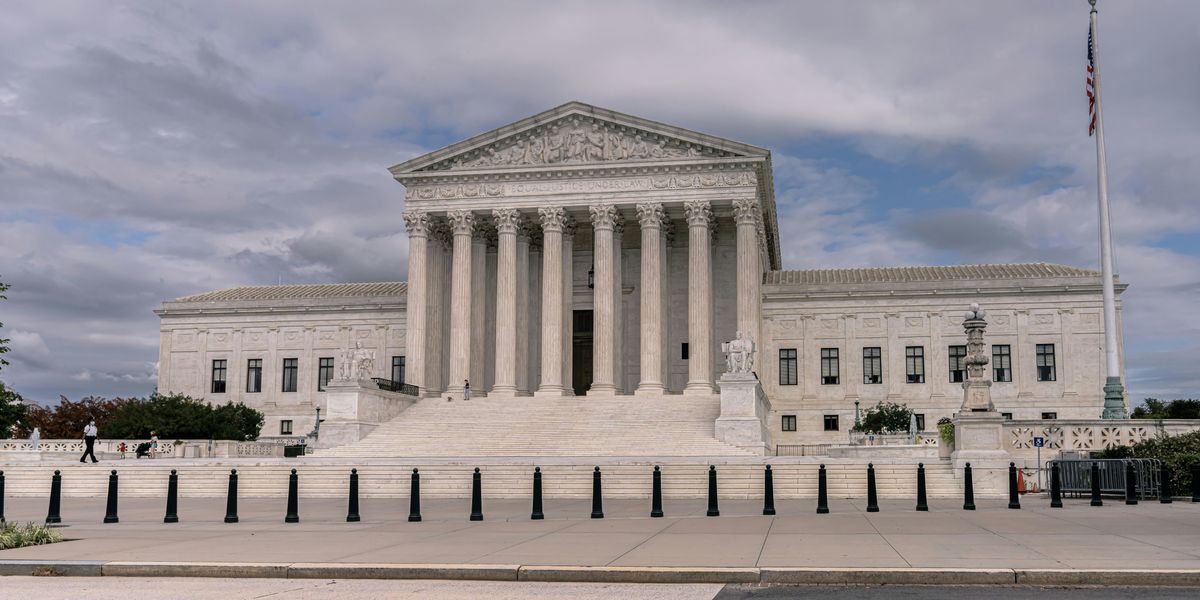missouri
Missouri may impose new restrictions on water exports
Missouri legislators are moving forward with a bill that would restrict water exports to address internal drought concerns and prevent resource depletion by water-stressed western states.
In short:
- Missouri lawmakers are considering a bill to limit water exports, requiring a permit for any such actions, amidst concerns of increasing water scarcity.
- The proposal has gained unusual bipartisan support, driven by drought conditions in Missouri and fears of water demand from western states.
- Both environmentalists and agricultural groups in Missouri support the measure, highlighting the potential risks of water shortages.
Key quote:
“We feel like we need to be responsible in Missouri and protect what we have.”
— State Rep. Jamie Burger, one of the bill's lead sponsors
Why this matters:
Many states have established water rights systems that allocate water resources to various users based on seniority, historical use, and other factors. Limiting water exports helps ensure that those with existing water rights, including farmers and municipalities, can continue to access the water they need without facing shortages caused by exports to other regions.
Ameren seeks to shutter Missouri coal plant early, recoup investment from ratepayers
Missouri’s largest electric provider hopes to use a state law meant to help utilities add renewable energy to close a coal plant found in violation of federal clean air laws.
Seizing the clean energy opportunity: Missouri's time to shine
Rep. Emanuel Cleaver wants the federal government to throw out Missouri’s regional haze plan
Worried about climate change, you may have eco-anxiety
Over two-thirds of Americans have experienced eco-anxiety, according to a 2019 survey from the American Psychological Association.
Sulfur dioxide pollution in the Bootheel breaks EPA rules. Regulators look to fix it
A coal-fired power plant must cut emissions and an aluminum smelter must spend millions to rid a community in Missouri’s Bootheel of sulfur dioxide pollution by 2026 under a deal with state environmental regulators.



















